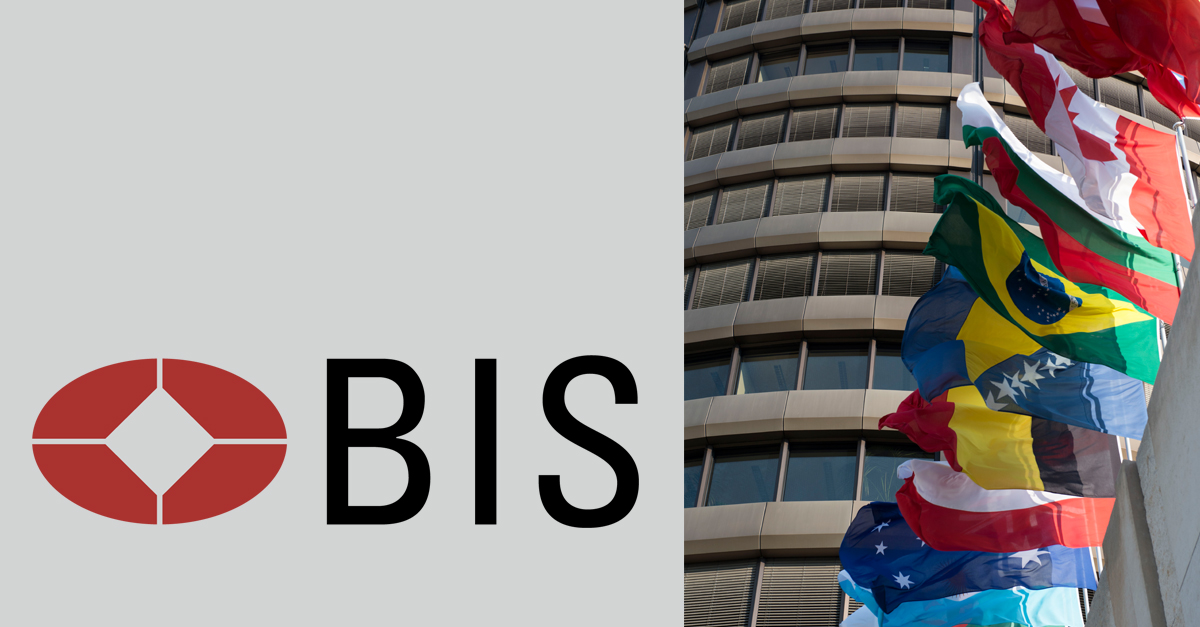
Summary
Focus
Very often, different vendors sell the same goods at very different prices. If poorer households are willing to search more and pay lower prices than wealthier ones, consumption inequality should be lower than expenditure inequality. We explore the importance of this distinction.
Contribution
Most previous studies on consumption inequality implicitly assumed that consumption and expenditure are equivalent. On the empirical side, expenditure data are commonly used to measure consumption. On the theoretical side, the price of consumption was assumed to be unity. However, there is growing evidence that consumers differ in their shopping efforts, so that they pay different prices for the same goods. Our contribution is to differentiate consumption from expenditure by incorporating the price search decision into an otherwise standard life-cycle model. We calibrate the model to the US economy and quantify the importance of this extension.
Findings
Our benchmark results suggest that, compared with expenditure inequality, consumption inequality is about 40 percent lower and it increases 30 percent less over the life-cycle. In addition, the availability of the price search option provides a powerful insurance mechanism against adverse income shocks and increases the welfare of a new-born by 3.9 percent in consumption equivalent terms.
Abstract
In this paper, we differentiate consumption from expenditure by incorporating price search decision into an otherwise standard life-cycle model. With this extension, households can pay lower prices for the same consumption good if they allocate more time for price search. We first analytically show that under very general conditions, poorer (in both income and/or wealth) households search more and pay lower prices compared with wealthier ones. As a result, consumption inequality is smaller than expenditure inequality, and the gap between them increases over the life-cycle. Next, we quantify these mechanisms by calibrating our model to the US data. We find that the life-cycle increase in consumption inequality is about 30 percent lower than the increase in expenditure inequality. We also show that the availability of a price search option provides a large insurance mechanism against adverse income shocks and increases the welfare of a new born by 3.9 percent in consumption equivalent terms.
JEL codes: D10, D91, E21
Keywords: consumption inequality, price search, incomplete markets, life-cycle models, partial insurance
"consumption" - Google News
September 18, 2020 at 08:02PM
https://ift.tt/3kv6YuE
Price search, consumption inequality, and expenditure inequality over the life-cycle - bis.org
"consumption" - Google News
https://ift.tt/2WkKCBC
https://ift.tt/2YCP29R
Bagikan Berita Ini














0 Response to "Price search, consumption inequality, and expenditure inequality over the life-cycle - bis.org"
Post a Comment